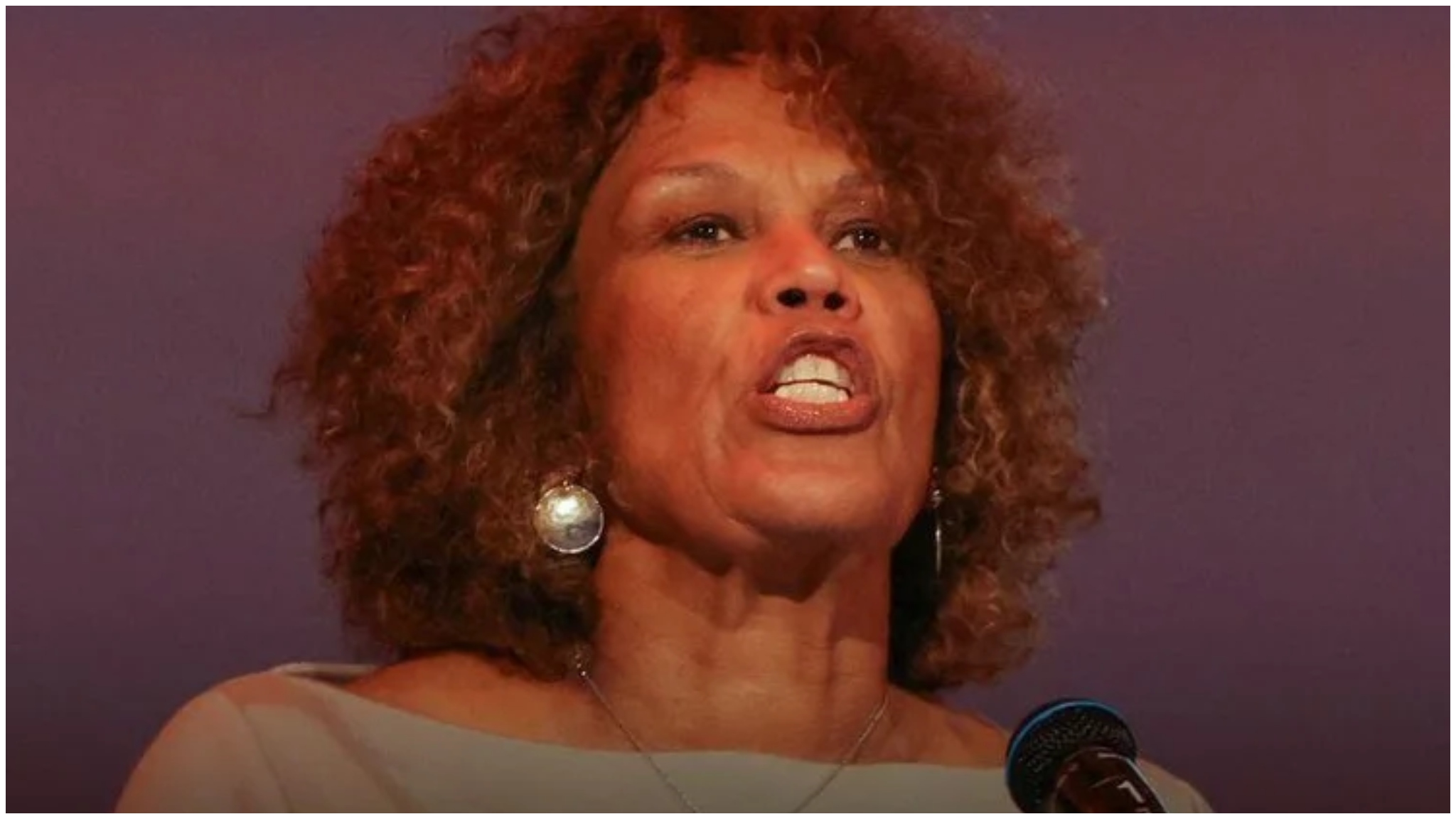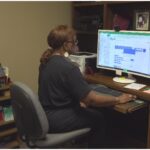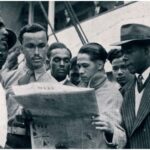Rev. Liz Walker’s groundbreaking book “No One Left Alone: A Story of How Community Helps Us Heal” launches today at Boston University. The pioneering journalist-turned-minister reveals a powerful grassroots model for trauma healing. Her approach centers on compassionate neighbor-to-neighbor support within sacred spaces.
Boston University School of Theology’s Trauma-Responsive Congregations program hosts the book launch. The event runs from 4:30 to 6:00 PM at the Howard Thurman Center. Attendees will have opportunities to purchase copies and have them signed by Walker.
Pioneering Media Figure Transforms Trauma into Healing
Rev. Walker made history as the first Black woman to anchor Boston’s evening news. Her transition from celebrated journalist to community minister marks a powerful second chapter. This journey informs her unique approach to collective healing.
Walker’s book has attracted endorsements from notable figures in social justice. Supporters include Bryan Stevenson, Rev. Otis Moss III, and Fr. Gregory Boyle. These endorsements highlight the model’s significance beyond traditional trauma response approaches.
“Can We Talk” Model Born from Community Tragedy
The genesis of Walker’s healing model stems from profound loss. In 2010, Corey Johnson, a promising young member of Roxbury Presbyterian Church, died in a random shooting. This senseless tragedy catalyzed Walker’s search for community healing methods.
Walker, then pastor at Roxbury Presbyterian Church, partnered with Colleen Sharka, a licensed social worker. Together, they created “Can We Talk… Community Conversations on Trauma and Healing.” Their approach focuses on creating safe spaces for processing painful experiences.
Neighbor-to-Neighbor Support Breaks Isolation Cycle
The “Can We Talk” model challenges traditional trauma response approaches. Walker’s method emphasizes peer support rather than clinical interventions alone. This community-centered framework helps prevent isolation and stigmatization.
“A caring community of peer support can protect against isolation,” Walker explains in her book. Her model creates opportunities for people to transform painful experiences. The approach builds trust through shared vulnerability and collective strength.
Grassroots Model Spreads Nationally and Internationally
Since its development, Walker and Sharka have shared their healing model widely. Over 50 churches nationally and internationally have implemented the “Can We Talk” framework. This widespread adoption speaks to the model’s effectiveness and adaptability.
The approach relies on creating sacred spaces for authentic sharing. Participants develop new meaning and trust through structured community conversations. Walker’s book details how these conversations facilitate both individual and collective healing.
Book Launch Celebrates Community-Based Healing Approach
Dr. Shelly Rambo, leader of BU’s Trauma-Responsive Congregations program, hosts today’s launch event. The program recognizes Walker’s contribution to trauma-informed ministry. Refreshments will be served as attendees engage with Walker’s healing philosophy.
The book offers practical guidance for implementing community healing spaces. Readers will find both inspiration and concrete methods for trauma response. Walker’s personal experience as both media figure and minister adds unique depth to her insights.
From News Desk to Pulpit: Walker’s Unique Journey
Walker’s transition from journalism to ministry provides a distinctive perspective. Her experience communicating complex issues to the public shaped her approach. This background helps her articulate trauma concepts in accessible ways.
As pastor at Roxbury Presbyterian Church, Walker witnessed community needs firsthand. Her media recognition provided a platform for her healing work. This unique combination positioned her to develop and spread the “Can We Talk” model effectively.
Creating Sacred Spaces for Authentic Healing
The heart of Walker’s approach involves creating environments of trust. These spaces allow people to share painful experiences without judgment. Walker documents how structured conversations help normalize trauma responses.
“Building a new sense of meaning and trust” emerges as a central theme. Walker’s book explores how community presence transforms individual suffering. The model demonstrates how collective healing occurs through intentional connection.





